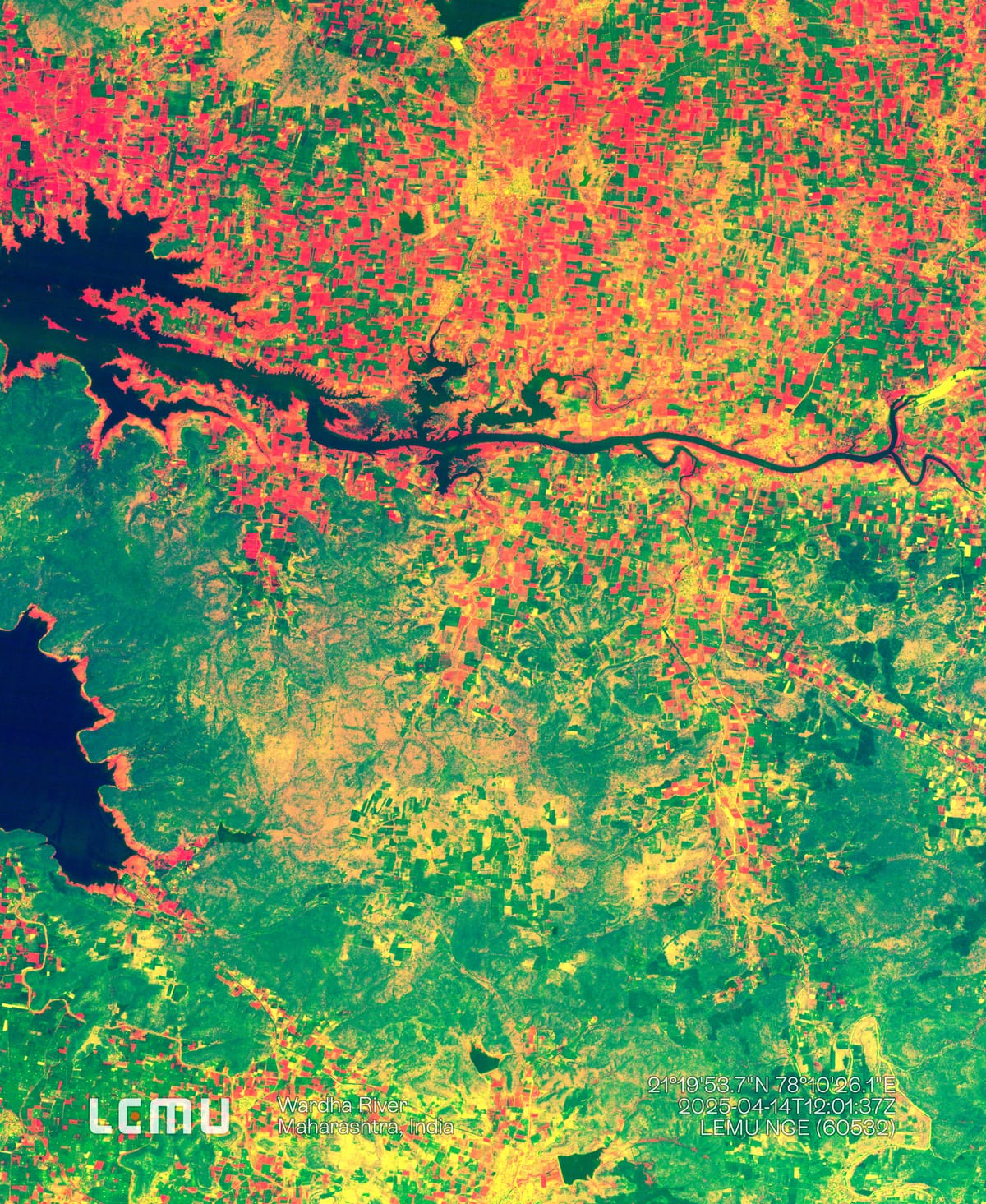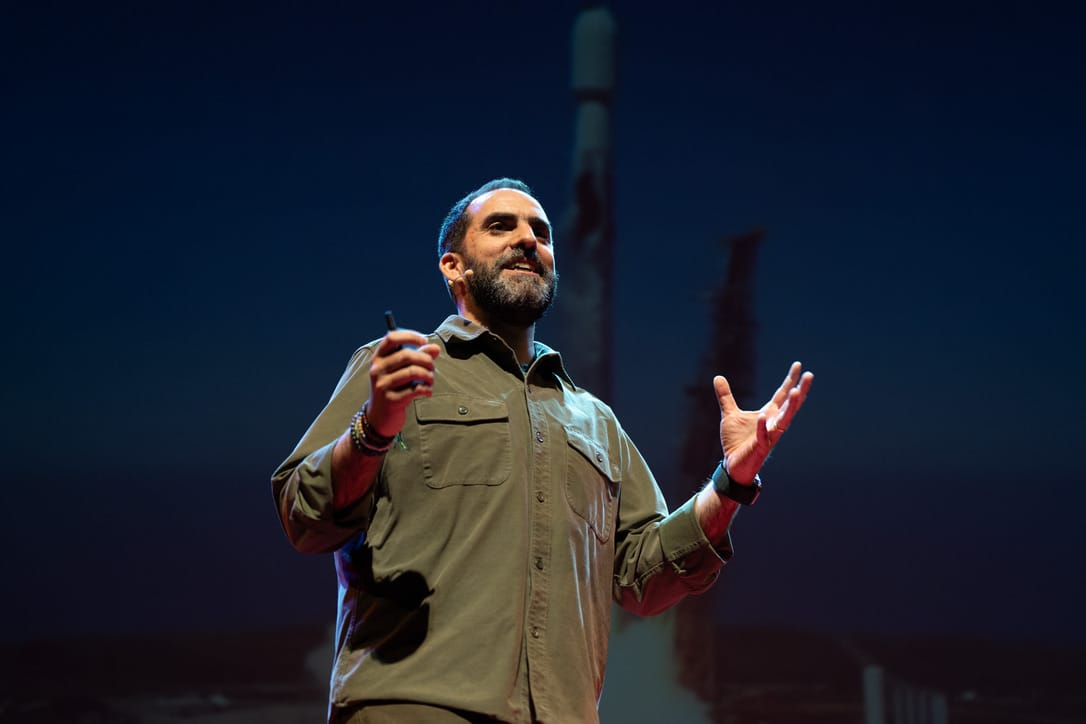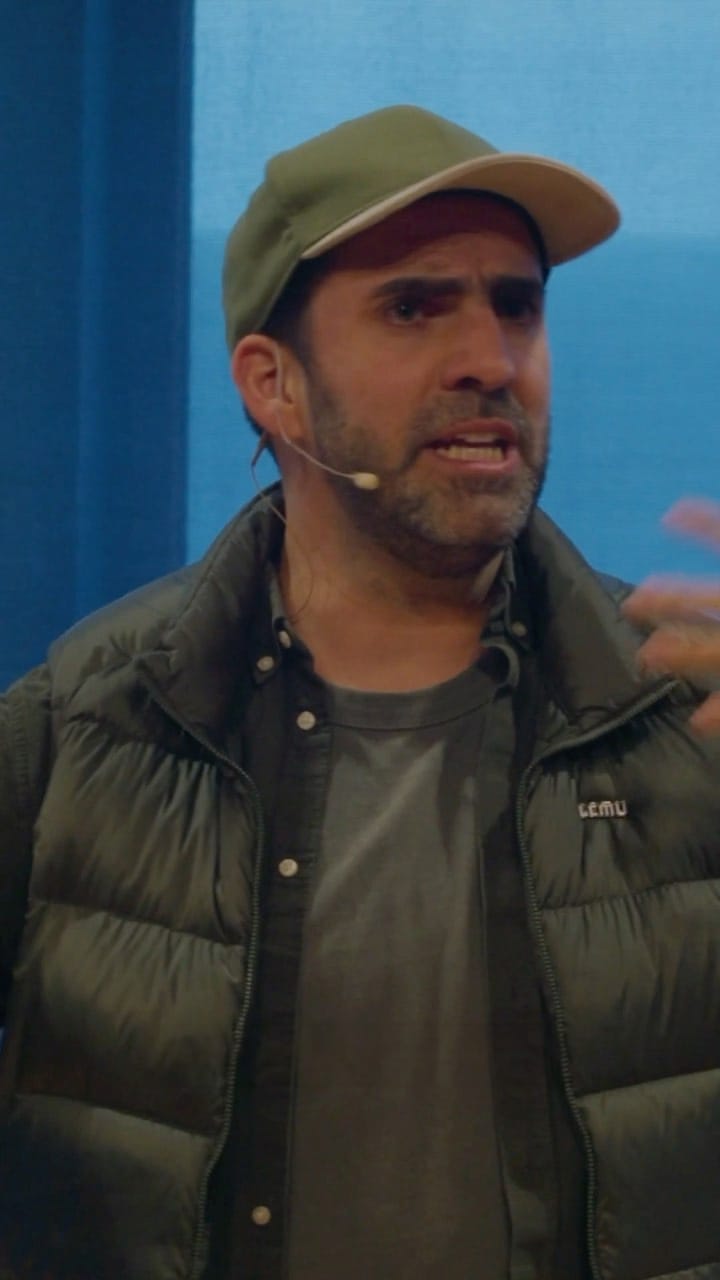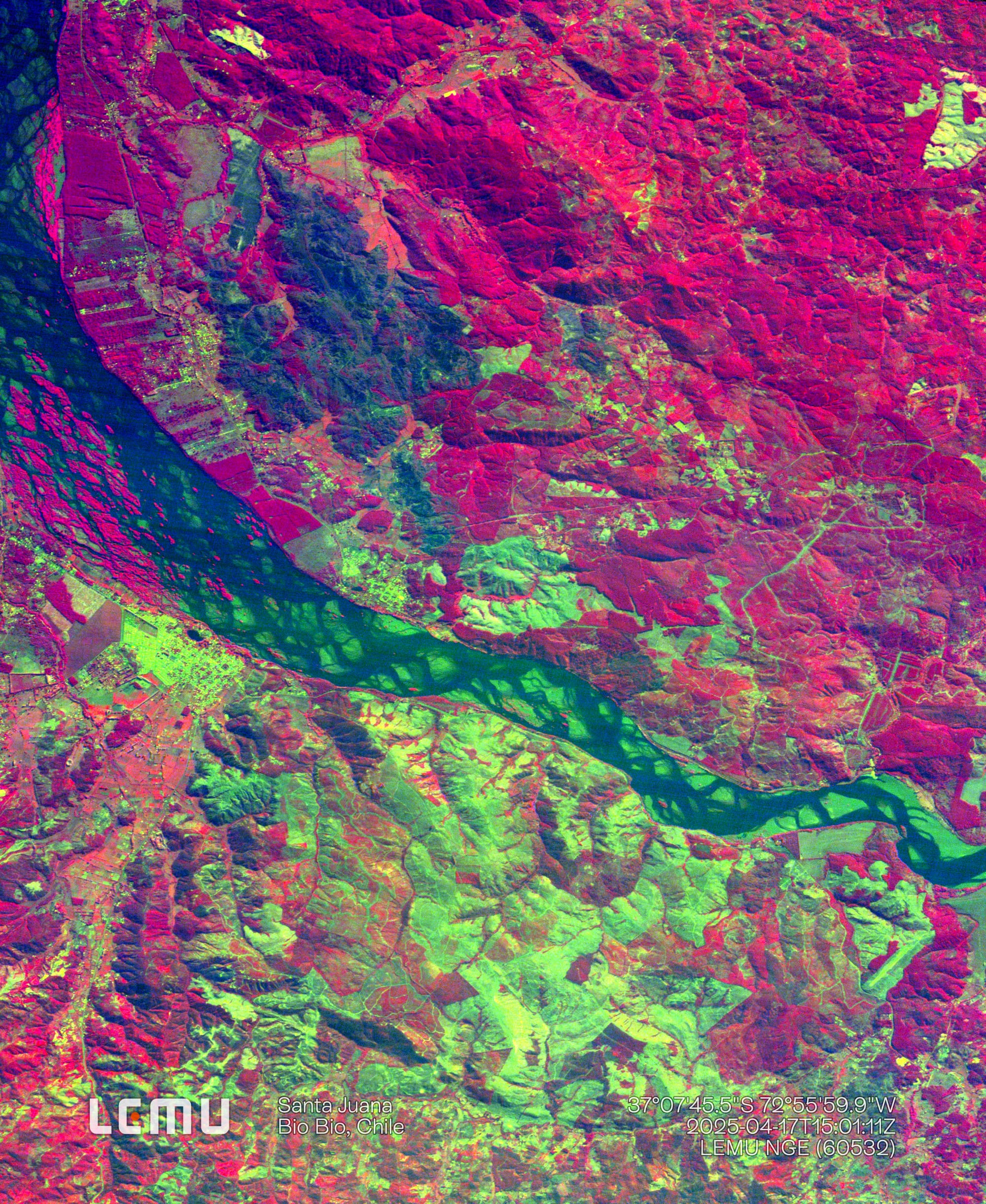Artificial Everything
We’ve learned to simulate everything except patience.

We’ve built artificial intelligence, artificial news, artificial food, artificial light, artificial rain, artificial nutrients, artificial wood, artificial nature, artificial art, artificial love.
The prefix once meant made by human skill — now it mostly means not the real thing. The only thing we truly create is art; everything else we reproduce.
To make our human versions of the real, we distill and abstract — and we’re never as effective or efficient.
We model thought, not understanding. Because there’s still so much we don’t know about the authentic systems we try to replicate — whether it’s a human brain or a handful of soil.
The rule of three doesn’t apply to life. Artificial substitutes are always more expensive and less effective in the long run.
They’re easy to scale and control because they’re human-made: by humans, for a world of humans. They win because we love cheap and fast, which is what artificial always aims for.
But even the cost of artificial is artificial: We measure it only until the point of sale — after which the bill is paid by nobody, which means by all of us, especially the most vulnerable. Our physical and mental health, our democracy, our planet.
We call it progress because it imitates the visible parts — the form, not the function. It is remarkably impressive that we can imitate nature so convincingly.
But the cost isn’t measured in watts or dollars — it’s measured in distance. Each layer of simulation takes us further from the source.
We’ve built an ecosystem of proxies.
And the more we imitate nature, the more we realize how superior it was.
Nothing will be more valuable than the authentic: real food, real light, real rain, real art, real intelligence, real love.
The more we invest in the artificial, the less it’s worth — cheaper and faster — and the more precious the authentic becomes.
We can’t wait for the future to arrive and we continue to invest in artificial and measure speed as success, and hide the real costs of this outcome. Maybe the only thing we can’t make artificial is patience.
This post is a public draft. :-P



